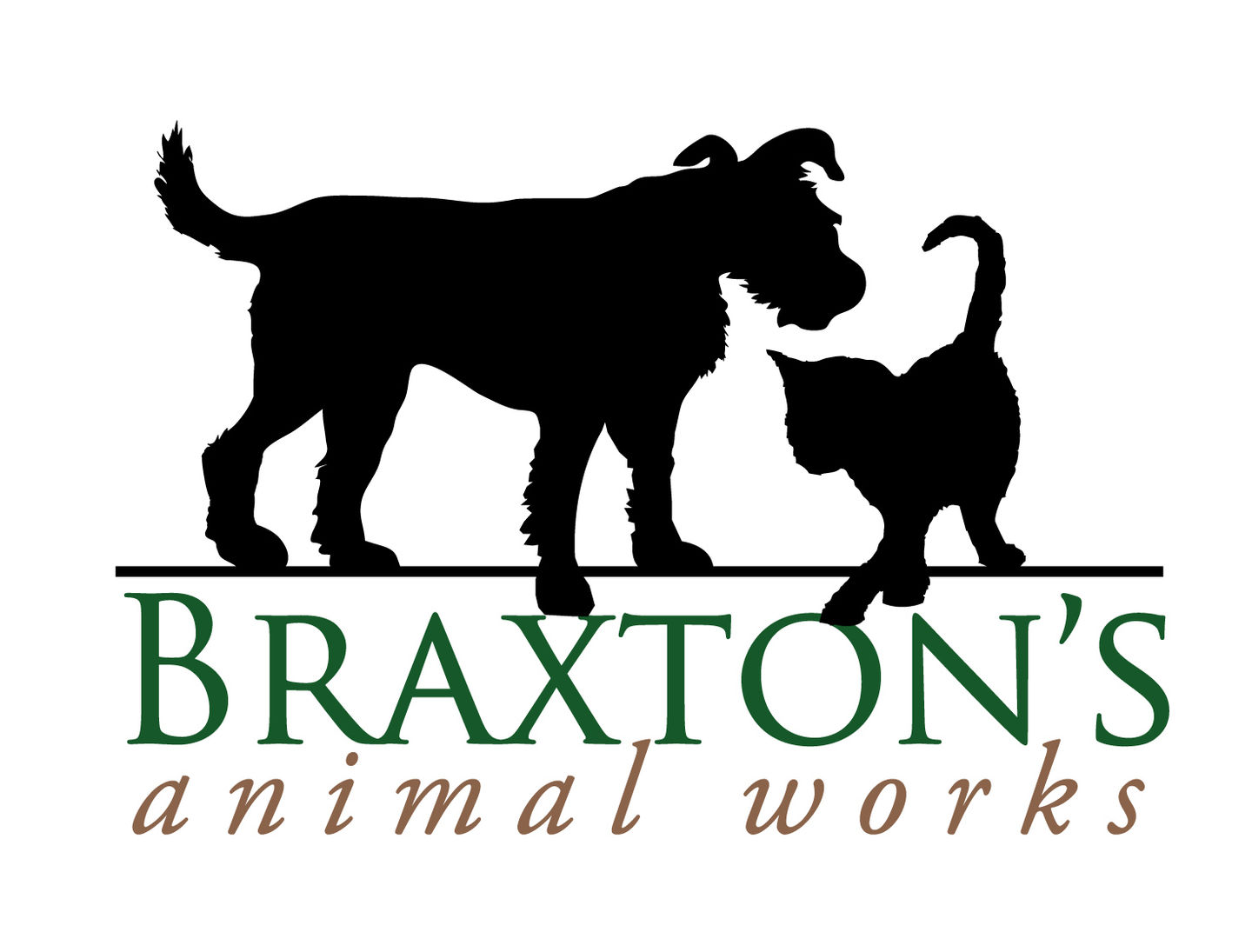So, you got a new puppy; there is so much to learn. Eating schedules, potty training, playtime, and obedience training.
Ultimately, this is a question for your veterinarian; however, there are some standard guidelines to follow. The baseline is that you want to switch your puppy to adult food when she is at or around her adult height.
According to Blue Buffalo, '“Growth” foods necessary at the puppy stage have higher protein levels and calorie counts to meet your pup’s developmental needs."' Switching to adult food coincides with maturity, but due to the large variety of breeds, different dogs mature at different rates.
Just like people, a dog’s physical maturation has everything to do with her metabolism, her energy levels, and how much she exercises. Her appetite could also impact how quickly she grows, too. Vetted Pet Care shares standard guidelines.
Remember that small dogs reach adult height much faster than large dogs. A small dog like a French Bulldog might reach her full height at 10-12 months of age, at which point she can be switched to adult food. A Toy Chihuahua? She might top out at only 6 months old!
The opposite is true for big dogs, who need more calories for longer as they continue to grow. A large dog like a Labrador might take 18 months to get “full grown.” A medium-sized Basset Hound might take fewer, and a giant Bernese Mountain Dog could take up to two years.
The thing is, there is no one answer to when you should switch your puppy to adult food. The clearest sign to look for that your dog is ready is to notice when she stops eating all the food in her bowl. This might never happen, but even if your growing dog seems to eat less ravenously than she once did, her body’s caloric requirements might be slowing down as she reaches her full size.
That’s usually when your puppy is nearing his adult height and can transition to adult food. Spaying or neutering usually occurs at this age as well, lowering your dog’s need for increased energy; hence a reason to switch from puppy to adult dog food.
Braxton's Animal Works offers a variety of dog foods for every stage of your dog's life. Our knowledgeable and friendly staff will work with you to decide what works best for your particular dog.
Blue Buffalo offers sound advice, "The recipe for successful food transitioning is to do it gradually. Mix a small amount of the adult food with your dog’s favorite puppy formula and slowly increase the amount over a week, while decreasing the puppy food.
By the end of that

